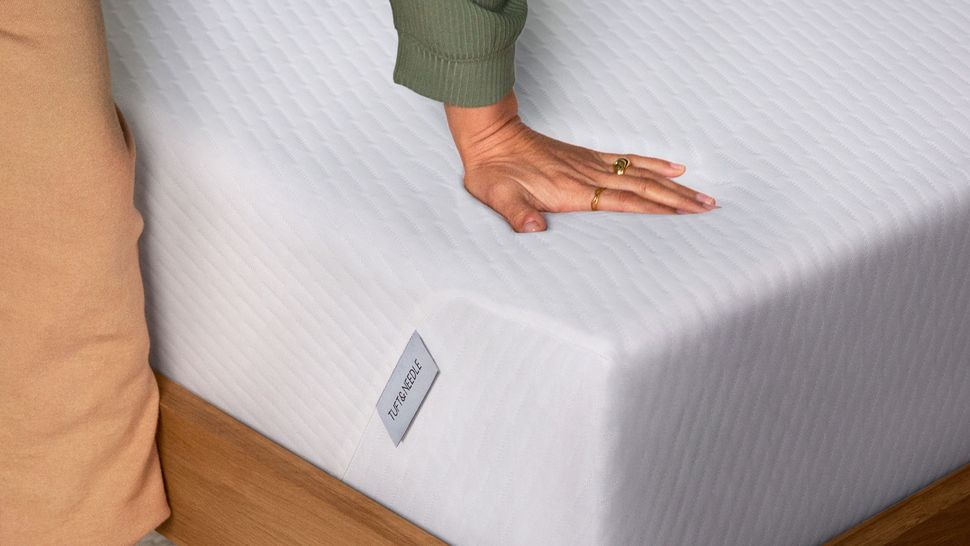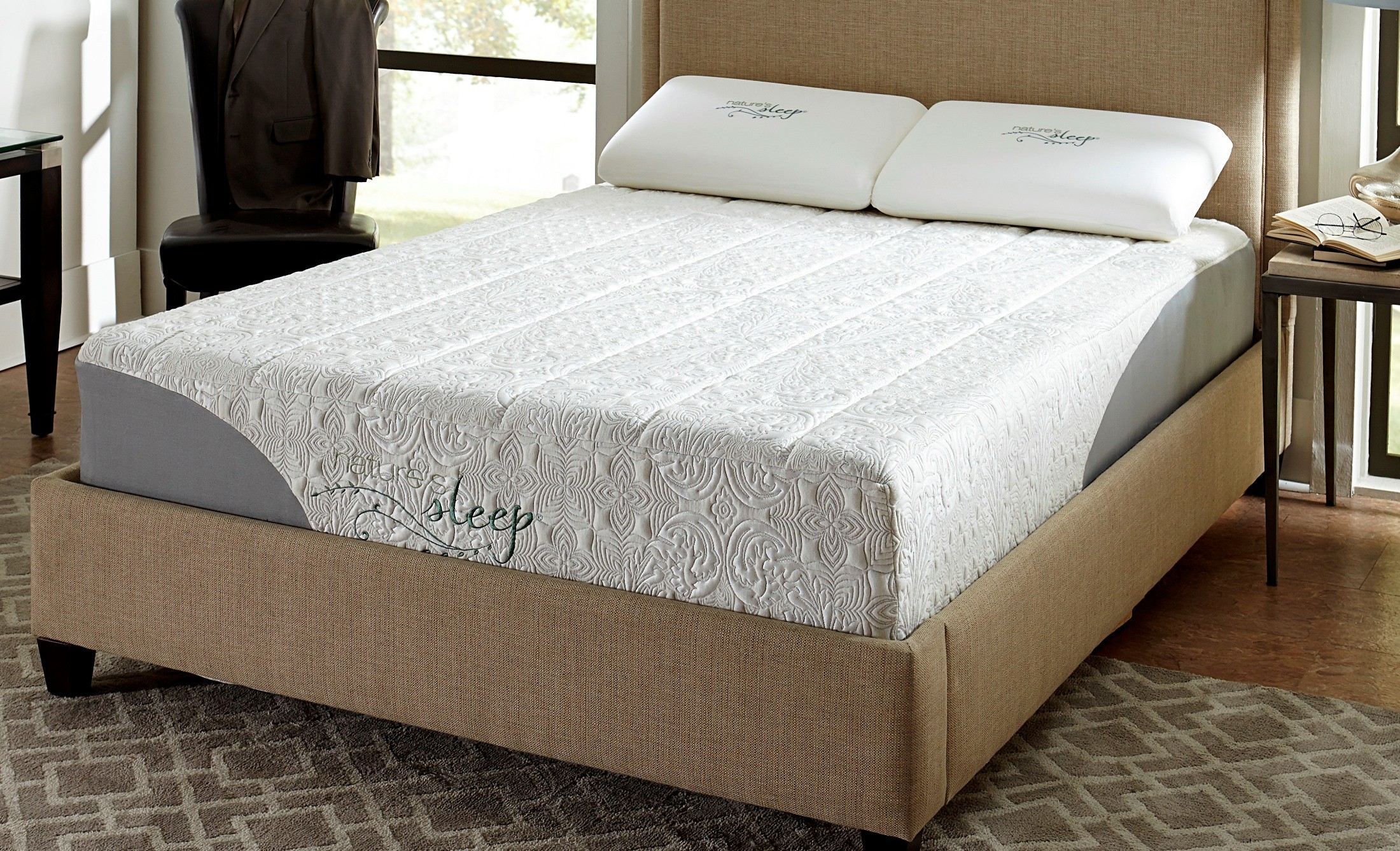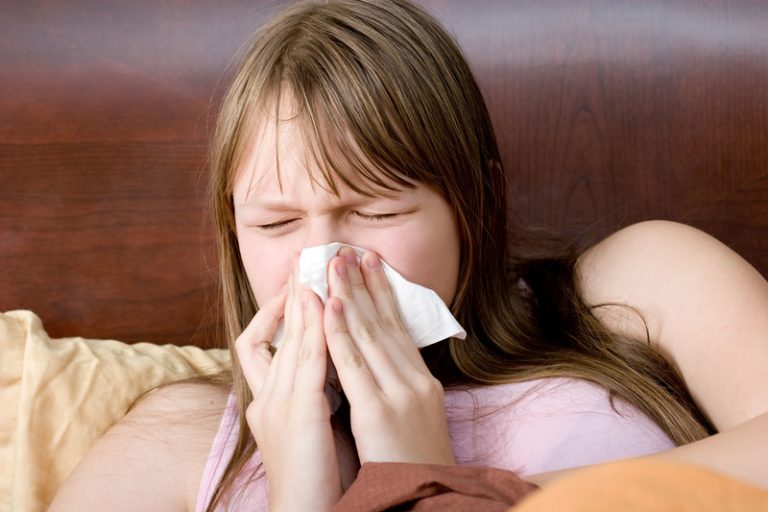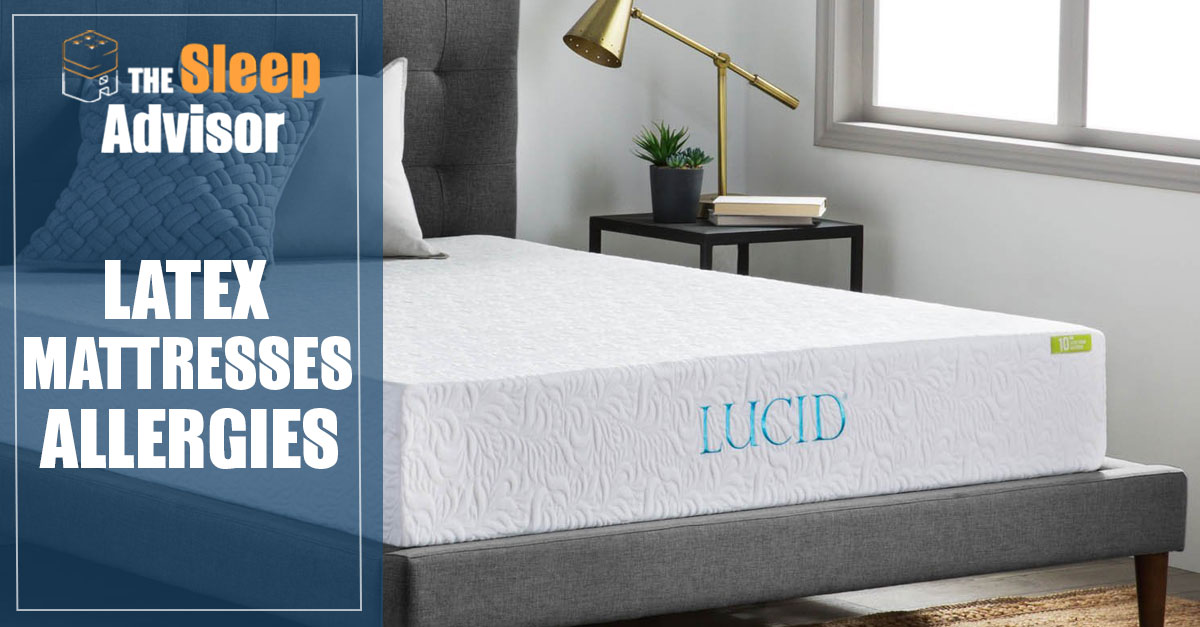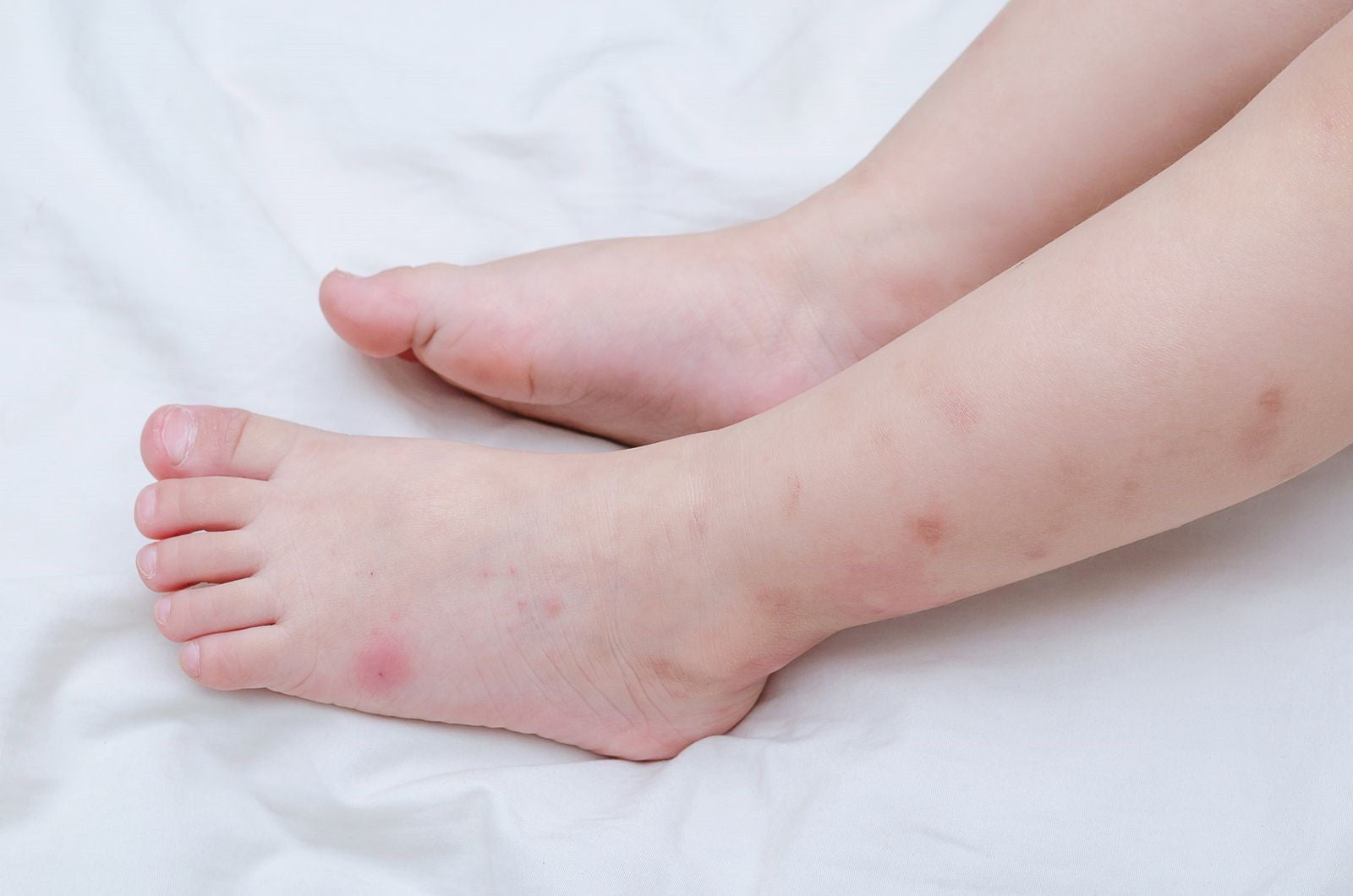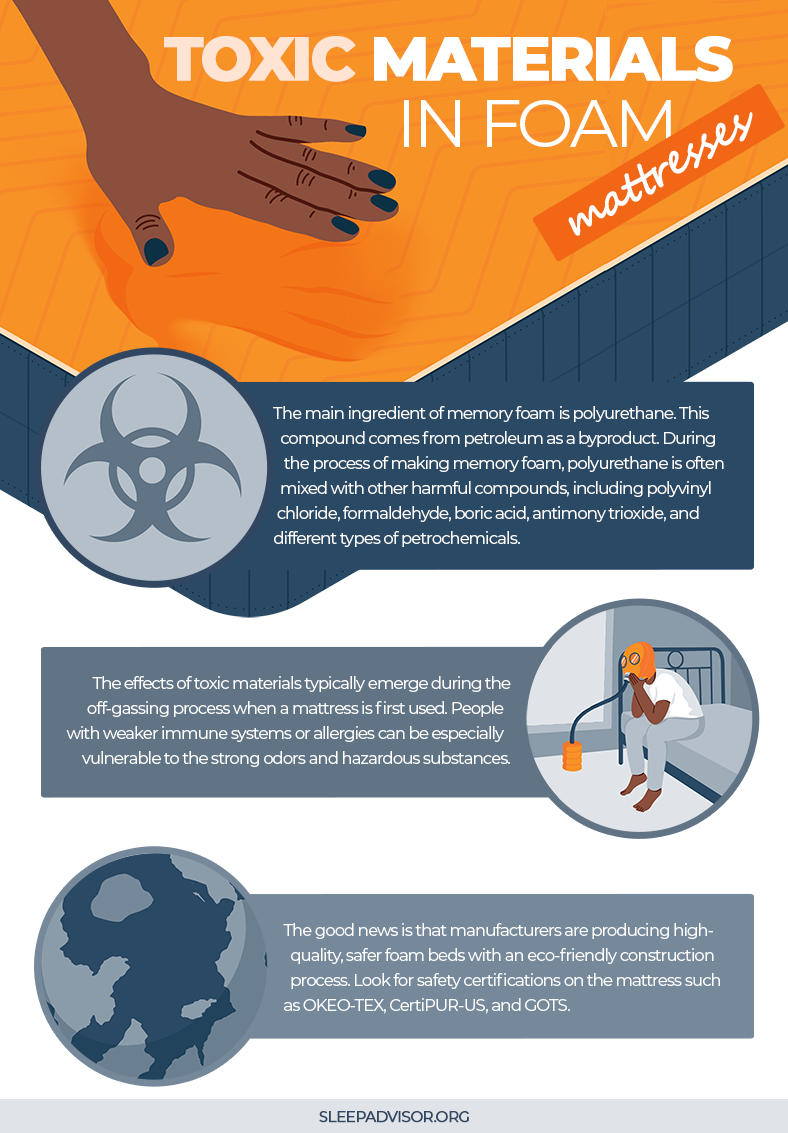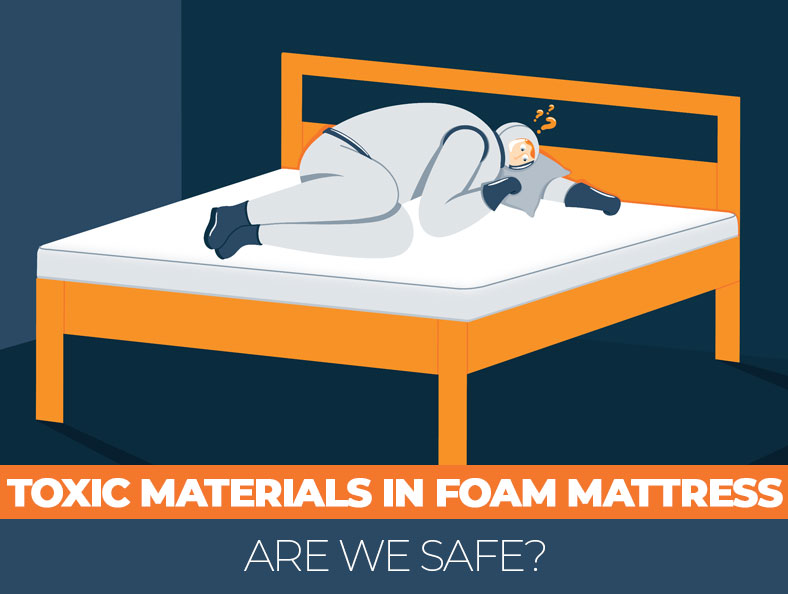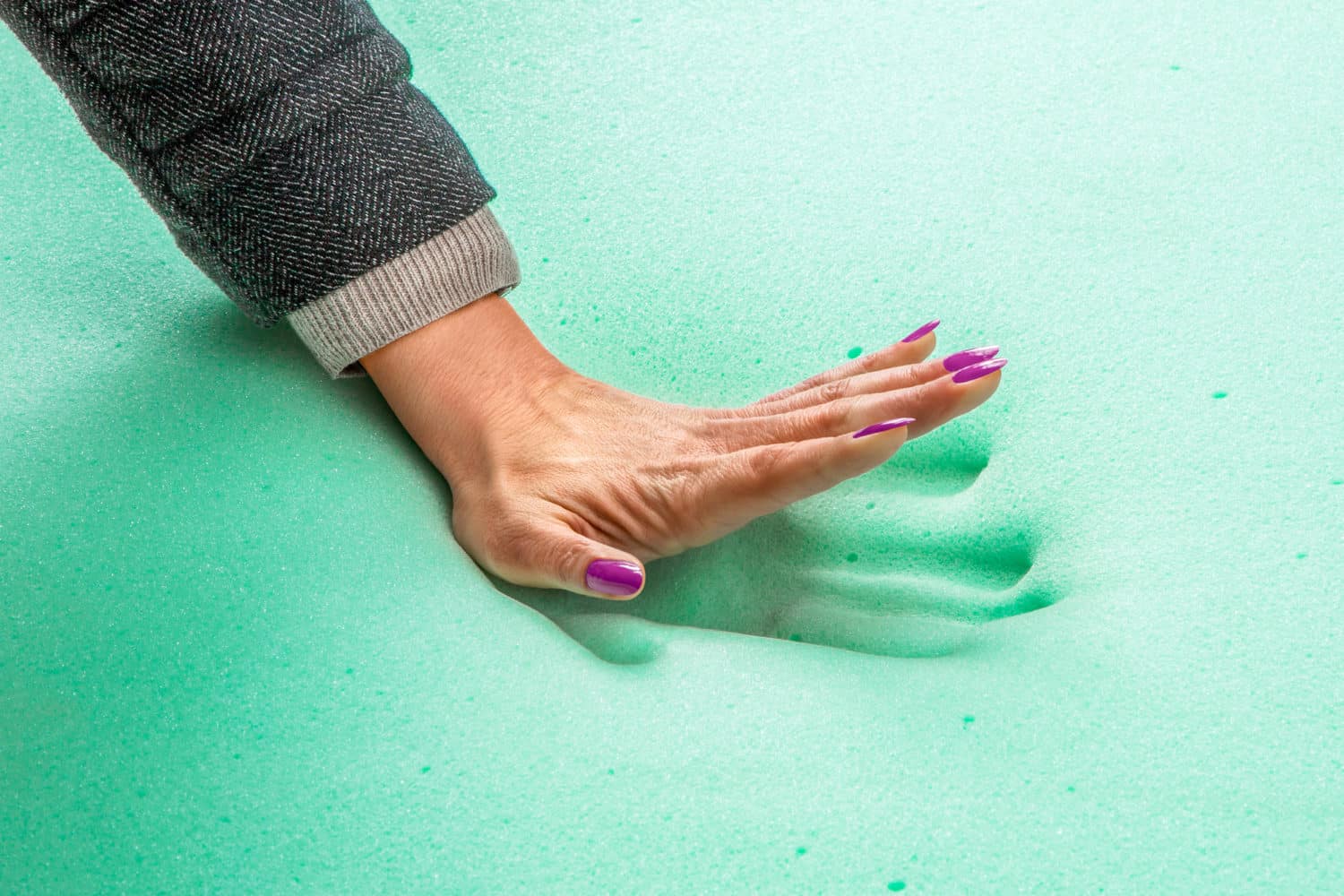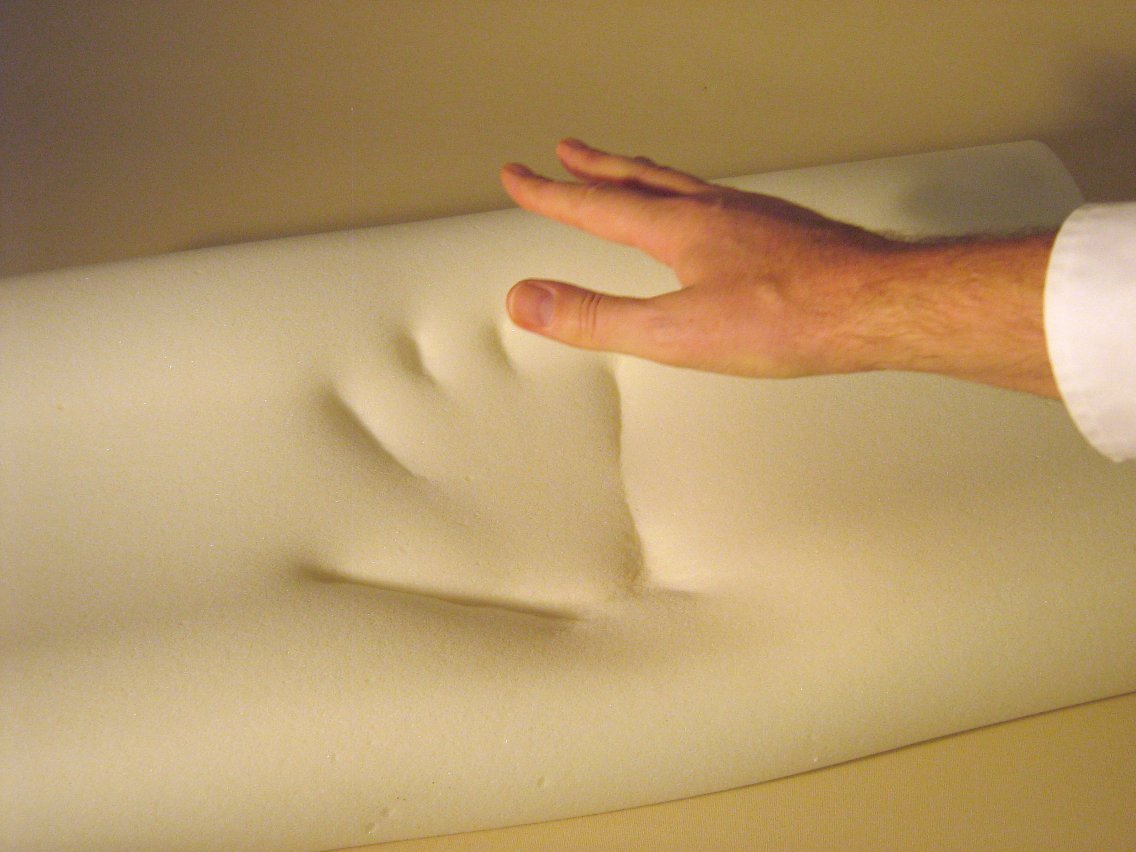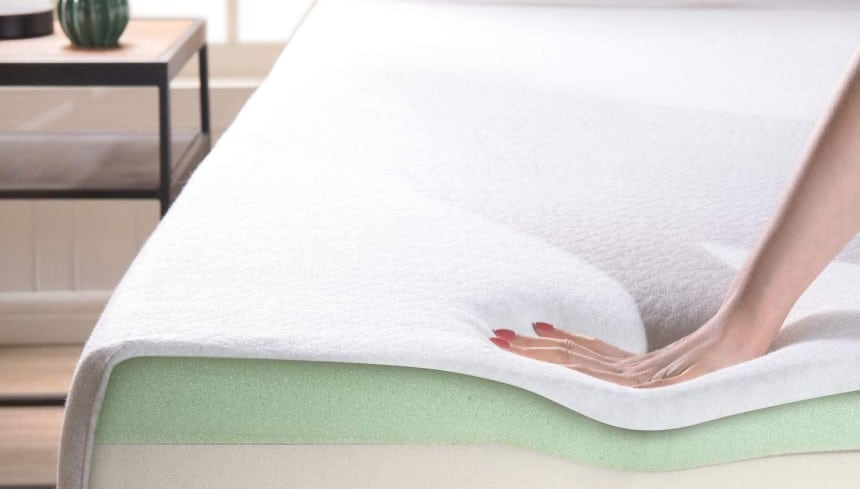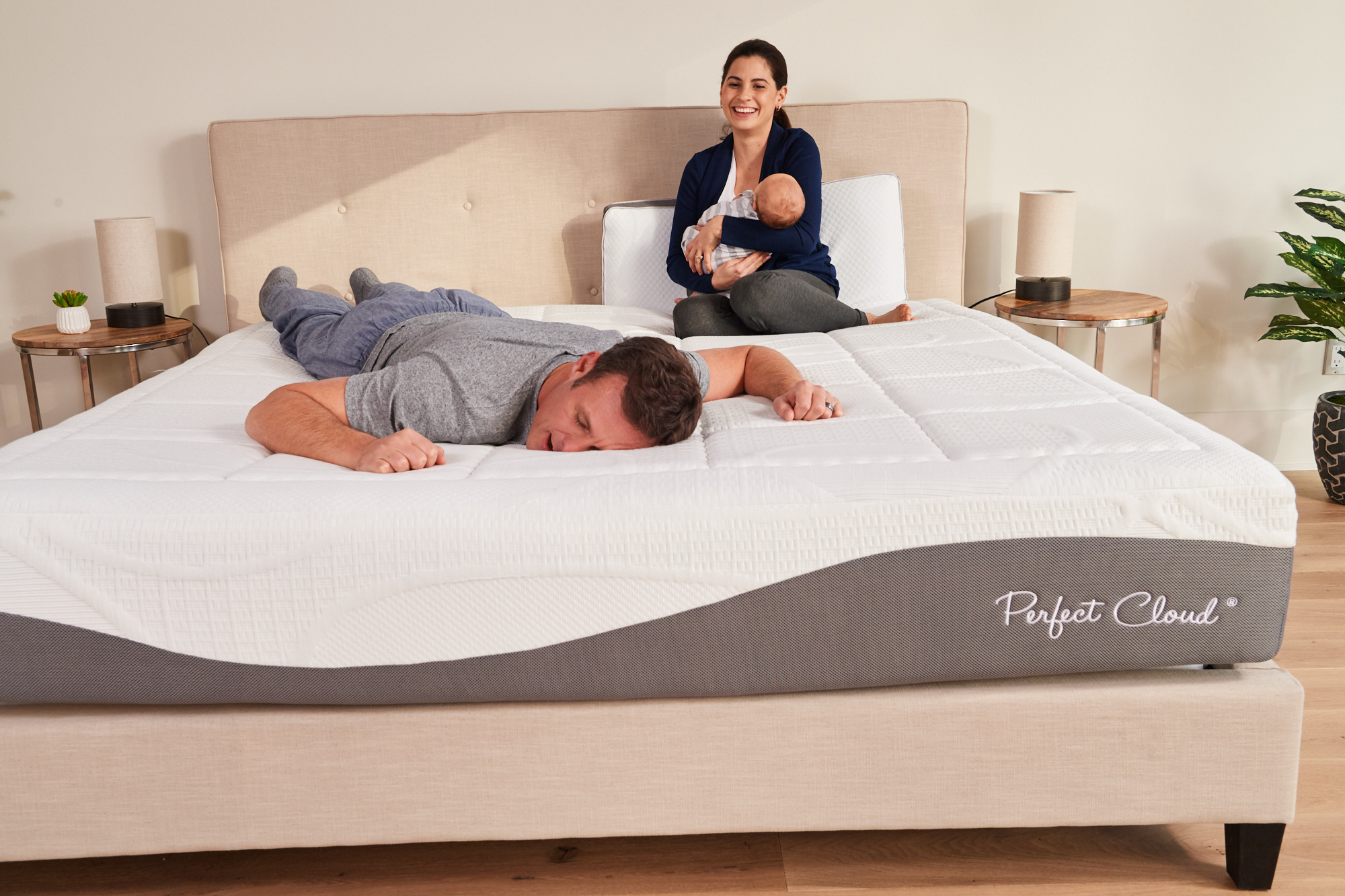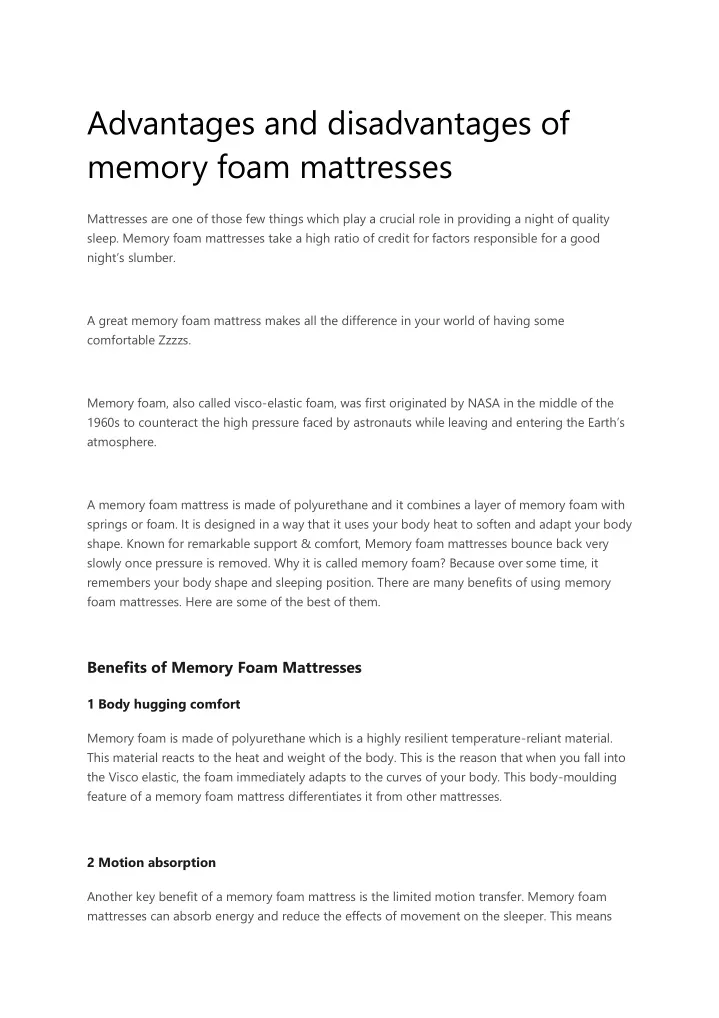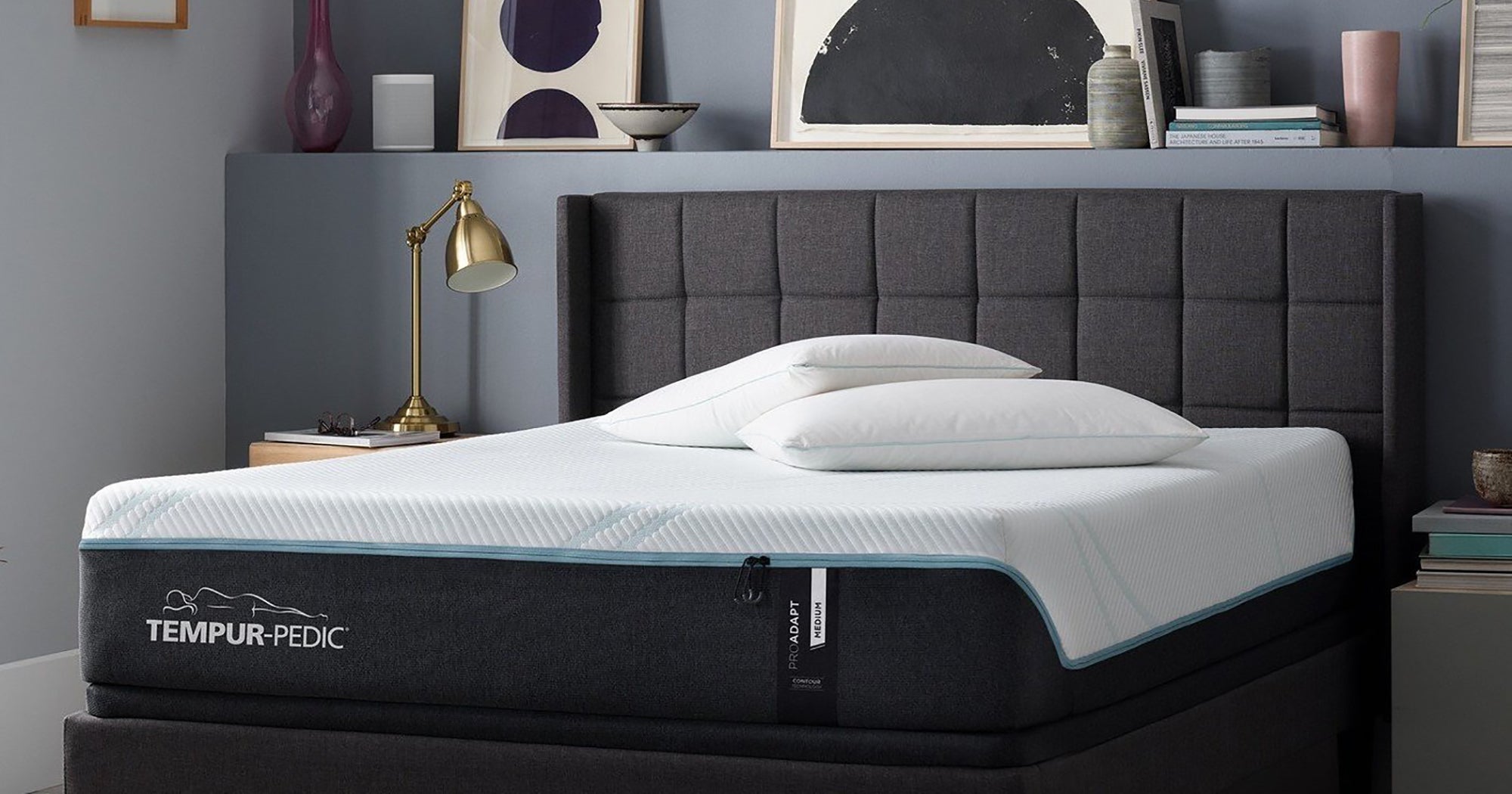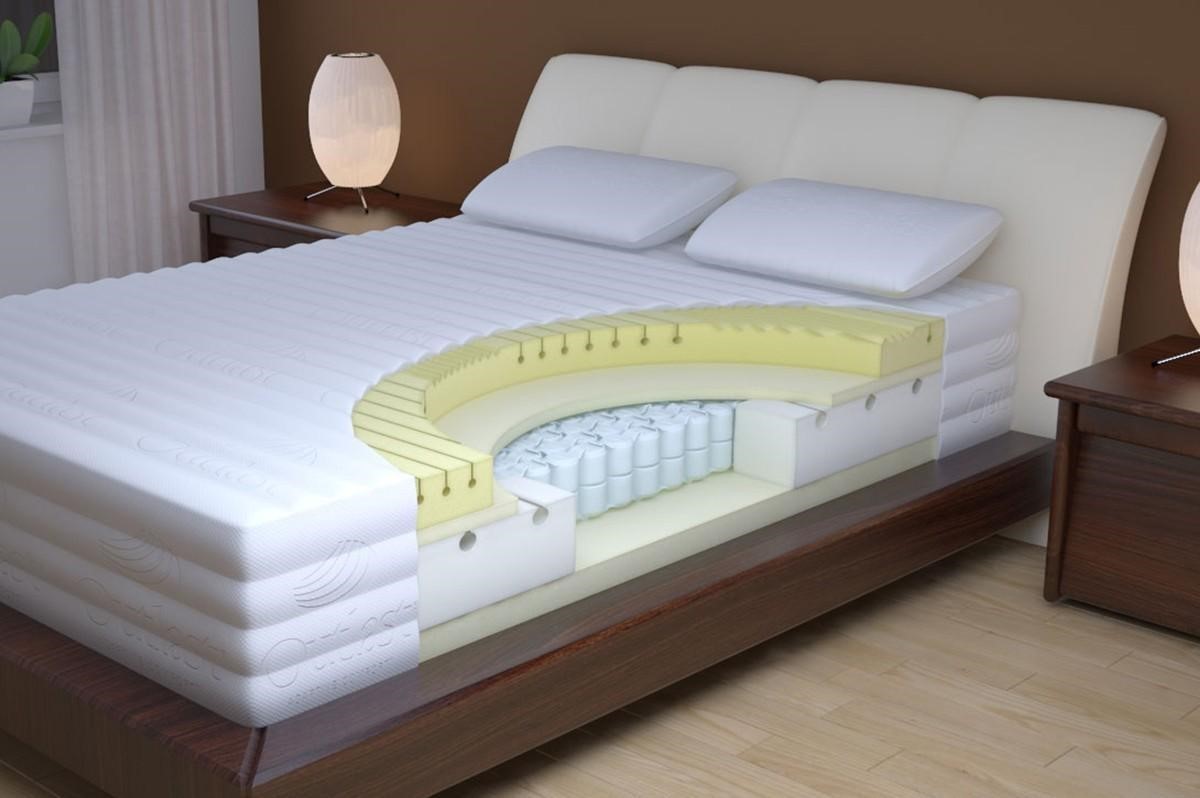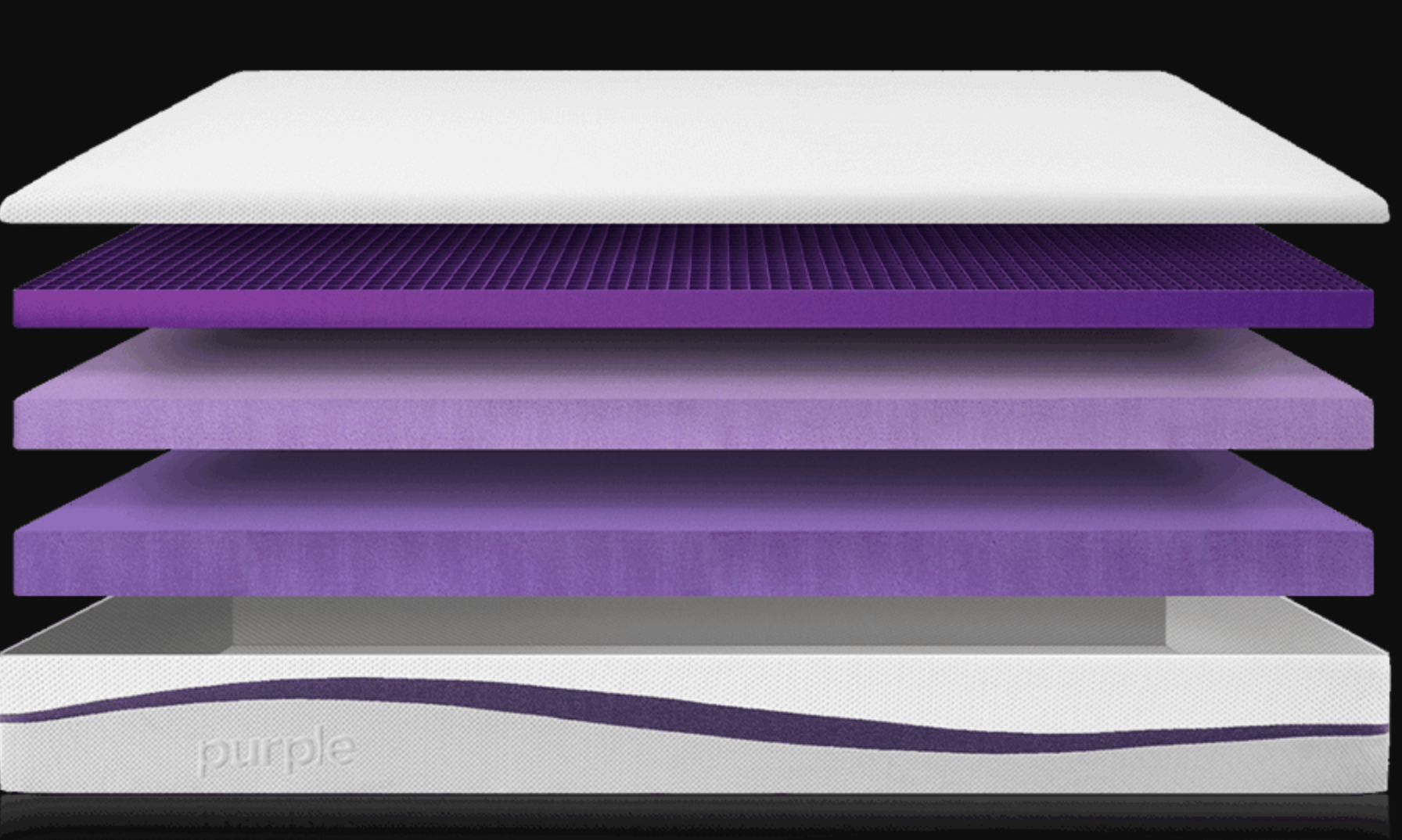Memory foam mattresses have become increasingly popular in recent years due to their ability to conform to the shape of the body and provide comfort and support while sleeping. However, there have been concerns about the potential health risks associated with memory foam mattresses. In this article, we will explore whether memory foam mattresses are safe for your health.Memory Foam Mattress and Health: Are Memory Foam Mattresses Safe?
One of the main concerns about memory foam mattresses is the presence of chemicals and toxins that may be released into the air from the mattress. Some people have reported experiencing symptoms such as headaches, nausea, and respiratory issues after sleeping on a memory foam mattress. However, it is important to note that not all memory foam mattresses are created equal. Some may contain higher levels of chemicals and toxins, while others may be made with safer materials. It is important to do your research and choose a memory foam mattress from a reputable brand that uses CertiPUR-US certified foam, which guarantees the absence of harmful chemicals.Can Memory Foam Mattresses Make You Sick?
Another concern about memory foam mattresses is their potential to trigger allergies. Memory foam is made from polyurethane foam, which is known to attract dust mites and other allergens. This can be a problem for those who suffer from allergies or asthma. However, there are hypoallergenic memory foam mattresses available that are specifically designed to resist dust mites and other allergens. These mattresses are made with materials that are less likely to cause an allergic reaction, making them a safer option for those with allergies.Memory Foam Mattresses and Allergies
Memory foam mattresses are made with a variety of chemicals, including polyols, isocyanates, and flame retardants. These chemicals are used to give memory foam its signature properties, such as its ability to conform to the body and provide support. However, some of these chemicals have been linked to health issues. For example, isocyanates can cause skin irritation and respiratory issues, while flame retardants have been linked to hormone disruption and cancer. Again, it is important to choose a memory foam mattress from a reputable brand that uses safe and non-toxic materials.Chemicals in Memory Foam Mattresses
Off-gassing refers to the release of chemicals and toxins from the materials used in memory foam mattresses. This can happen when the mattress is new and has a strong chemical odor, which can be unpleasant and potentially harmful to your health. To reduce the risk of off-gassing, it is recommended to let your new memory foam mattress air out for a few days before sleeping on it. This will allow any harmful chemicals to dissipate and reduce the potential health risks.Memory Foam Mattresses and Off-Gassing
As mentioned earlier, some people have reported experiencing respiratory issues after sleeping on a memory foam mattress. This could be due to the off-gassing of chemicals, the presence of allergens, or the use of unsafe materials in the mattress. If you have a pre-existing respiratory condition, it is important to consult with your doctor before purchasing a memory foam mattress. They can advise you on the best type of mattress for your specific needs and help you avoid any potential health risks.Memory Foam Mattresses and Respiratory Issues
Some people may experience skin irritation after sleeping on a memory foam mattress. This could be due to the chemicals and toxins used in the manufacturing process or the presence of allergens in the mattress. If you have sensitive skin, it is important to choose a memory foam mattress made with hypoallergenic materials that are less likely to cause skin irritation. It is also recommended to use a mattress protector to create a barrier between your skin and the mattress.Memory Foam Mattresses and Skin Irritation
The use of chemicals and toxins in memory foam mattresses has raised concerns about their potential toxicity. While these mattresses are regulated and must meet certain safety standards, there is still some debate about the long-term effects of exposure to these chemicals. To reduce your exposure to potentially harmful chemicals, make sure to choose a memory foam mattress from a reputable brand that uses safe and certified materials.Memory Foam Mattresses and Toxicity
Mold thrives in warm and humid environments, which can be a concern for memory foam mattresses. If the mattress is not properly cared for and cleaned, moisture can get trapped inside and lead to the growth of mold and mildew. To prevent mold growth, it is important to regularly clean and air out your memory foam mattress. Also, make sure to use a waterproof mattress protector to protect your mattress from spills and accidents that could lead to mold growth.Memory Foam Mattresses and Mold Growth
When shopping for a memory foam mattress, there are a few things to keep in mind to ensure you are choosing a safe and healthy option:How to Choose a Safe Memory Foam Mattress
The Potential Health Risks of Memory Foam Mattresses

Understanding the Composition of Memory Foam Mattresses
 Memory foam mattresses have become increasingly popular in recent years due to their ability to conform to the body and provide a comfortable sleep experience. They are made from a type of polyurethane foam that contains chemicals to give it its signature viscoelastic properties. These chemicals, including formaldehyde, benzene, and naphthalene, are known to emit strong odors and potentially harmful gases, leading to concerns about the potential health risks of using memory foam mattresses.
Memory foam mattresses have become increasingly popular in recent years due to their ability to conform to the body and provide a comfortable sleep experience. They are made from a type of polyurethane foam that contains chemicals to give it its signature viscoelastic properties. These chemicals, including formaldehyde, benzene, and naphthalene, are known to emit strong odors and potentially harmful gases, leading to concerns about the potential health risks of using memory foam mattresses.
The Link Between Chemicals and Health Issues
 The chemicals used in memory foam mattresses have been linked to a variety of health issues, including respiratory problems, skin irritation, and even fertility issues. Formaldehyde, for example, is a known carcinogen and can cause throat and eye irritation, while benzene has been linked to an increased risk of leukemia. These chemicals are also known to off-gas, which means they release fumes into the air over time, potentially exposing individuals to long-term health risks.
It is important to note that the level of risk depends on the amount and duration of exposure to these chemicals.
However, considering that we spend approximately one-third of our lives sleeping, the potential health risks of memory foam mattresses should not be taken lightly.
The chemicals used in memory foam mattresses have been linked to a variety of health issues, including respiratory problems, skin irritation, and even fertility issues. Formaldehyde, for example, is a known carcinogen and can cause throat and eye irritation, while benzene has been linked to an increased risk of leukemia. These chemicals are also known to off-gas, which means they release fumes into the air over time, potentially exposing individuals to long-term health risks.
It is important to note that the level of risk depends on the amount and duration of exposure to these chemicals.
However, considering that we spend approximately one-third of our lives sleeping, the potential health risks of memory foam mattresses should not be taken lightly.
Precautionary Measures
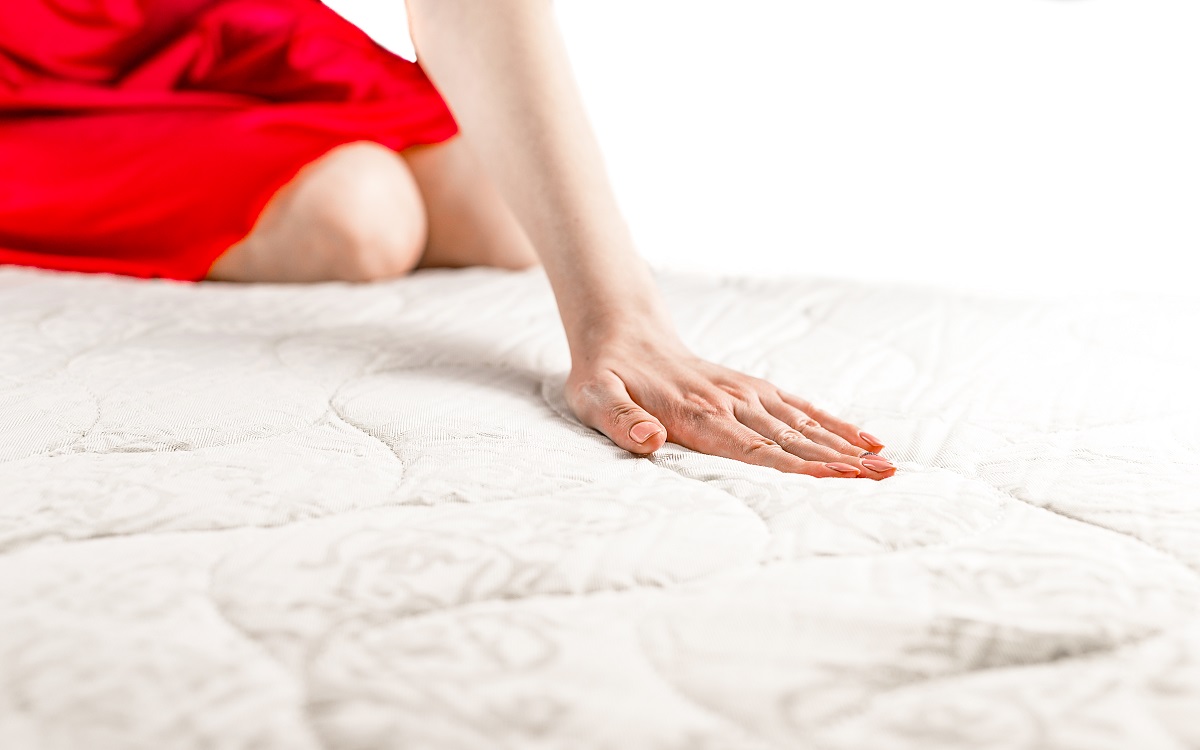 If you are concerned about the potential health risks of using a memory foam mattress, there are some precautionary measures you can take. Look for mattresses that are CertiPUR-US certified, which means they have been tested for harmful chemicals and meet strict health and environmental standards. Additionally, consider opting for a natural or organic mattress made from materials like organic cotton, wool, or natural latex, which do not contain harsh chemicals.
It is also important to properly ventilate the room and allow the mattress to air out before use to reduce the amount of chemical off-gassing.
Regularly cleaning and vacuuming the mattress can also help to minimize the build-up of dust and debris that can contribute to respiratory issues.
If you are concerned about the potential health risks of using a memory foam mattress, there are some precautionary measures you can take. Look for mattresses that are CertiPUR-US certified, which means they have been tested for harmful chemicals and meet strict health and environmental standards. Additionally, consider opting for a natural or organic mattress made from materials like organic cotton, wool, or natural latex, which do not contain harsh chemicals.
It is also important to properly ventilate the room and allow the mattress to air out before use to reduce the amount of chemical off-gassing.
Regularly cleaning and vacuuming the mattress can also help to minimize the build-up of dust and debris that can contribute to respiratory issues.
The Bottom Line
 While the comfort and support of a memory foam mattress may seem appealing, it is important to consider the potential health risks associated with its chemical composition. By taking precautionary measures and opting for certified or natural options, you can enjoy the benefits of a comfortable mattress without compromising your health. Remember, your sleep environment plays a crucial role in your overall well-being, so it's essential to make informed decisions when it comes to your bedding choices.
While the comfort and support of a memory foam mattress may seem appealing, it is important to consider the potential health risks associated with its chemical composition. By taking precautionary measures and opting for certified or natural options, you can enjoy the benefits of a comfortable mattress without compromising your health. Remember, your sleep environment plays a crucial role in your overall well-being, so it's essential to make informed decisions when it comes to your bedding choices.





